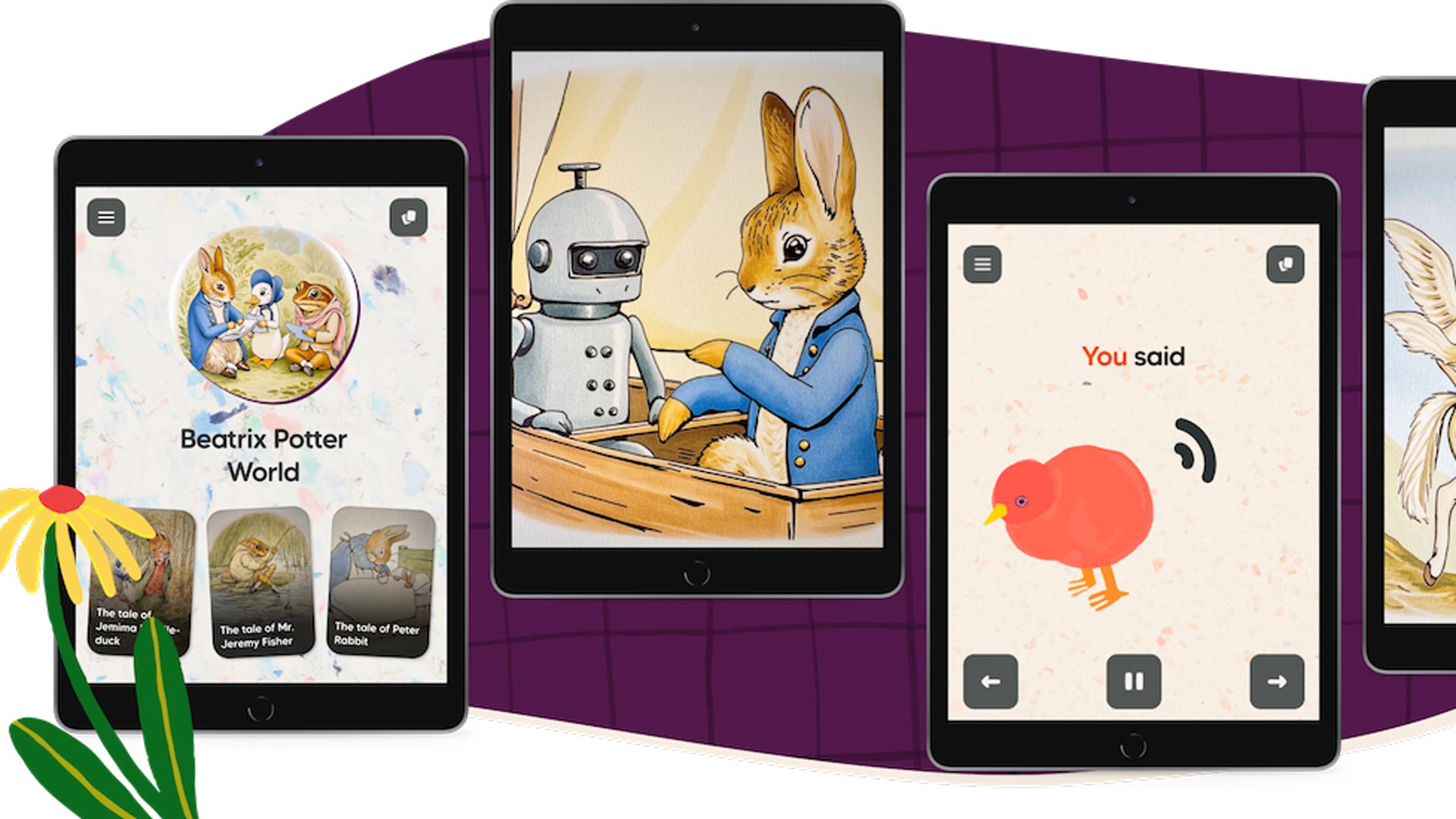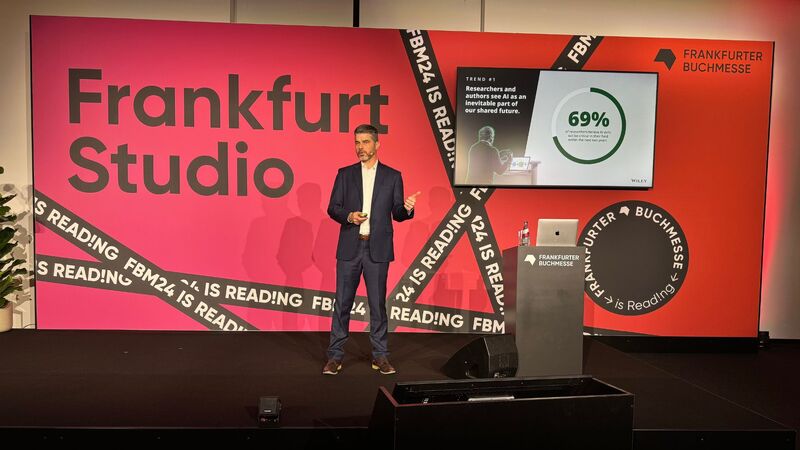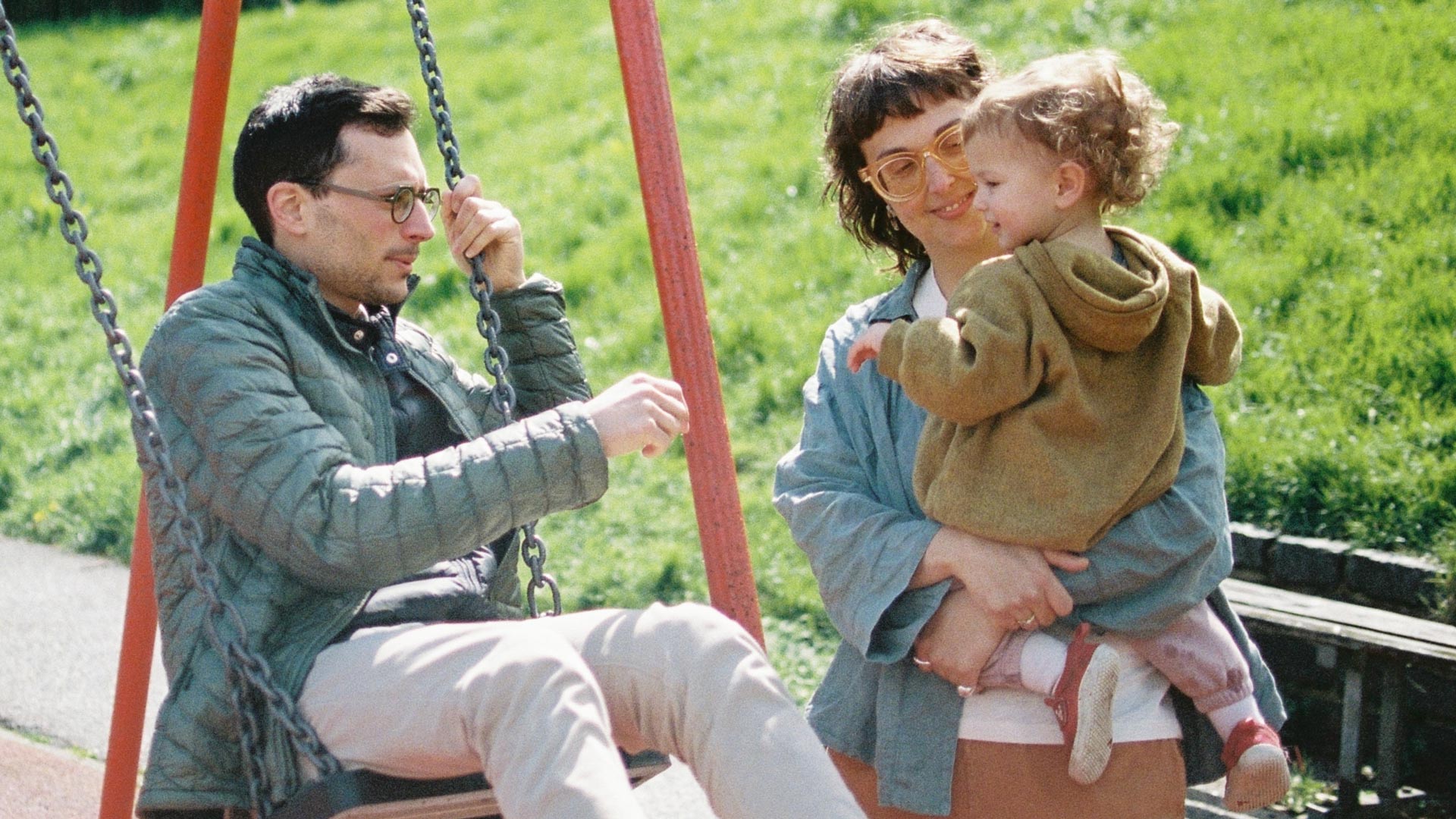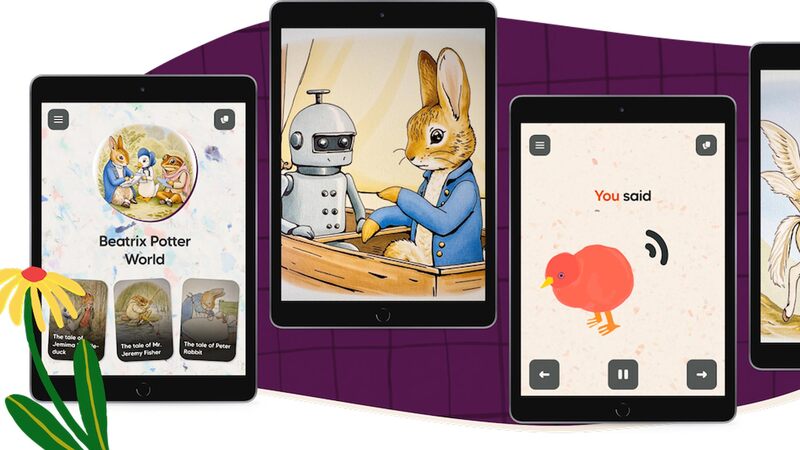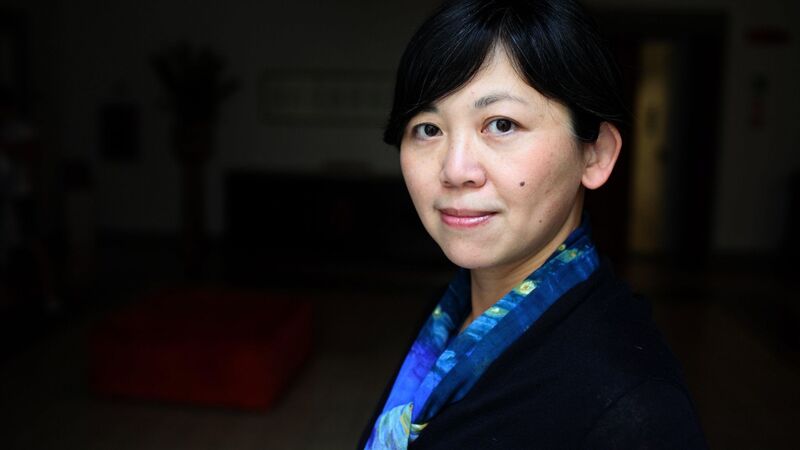You are viewing your 1 free article this month. Login to read more articles.
Beatrix Potter gets the AI treatment via children's storytelling app yarn
Peter Rabbit and his friends are now available in Artificial Intelligence (AI) thanks to yarn, a web-based storytelling app, which has published a Beatrix Potter experience today.
The app’s creators have trained AI image and text models on Potter’s stories, which are now out of copyright, so children can use voice activation to invent new stories featuring her iconic anthropomorphic characters.
Yarn was co-founded by journalist and co-founder of the Libreria bookshop in East London, Sally Davies, and her data scientist and engineer husband, Federico Mor. The couple have two young daughters and live in London.
The yarn app allows children to create characters and stories by speaking into it. With the launch of the Beatrix Potter experience, children can now introduce Mr Jeremy Fisher to a robot or see if Jemima Puddleduck wants to fly to the moon.
Davies told The Bookseller: “The Beatrix Potter experience is our first foray into using an existing set of characters and worlds.”
Up until now children using yarn had to create brand new characters. “Lots of children are super excited to say ‘Tell me a story about a penguin wearing a top hat who’s a bit cranky’, and then that becomes a character that they can then mobilise over multiple stories,” Davies said.
The app came about as a means of helping children who are not yet reading "activate their storytelling potential". “Until you can read and write confidently, it’s very hard to have that gratification of creating a story. What we hope we can do with yarn is allow children’s intrinsic creativity to be unlocked,” she said.
The yarn founders’ five-year-old daughter has been helping them understand how best to develop its features. Davies added: “Our daughter creates these very rich and detailed narratives, which she then offers to the AI, and the AI spins up the next bit of a story. It creates an image and creates an audio snippet. Then she creates another chapter herself.”
Mor said: “We had to extend how long the audio input was, because her ideas were so detailed that she would give these incredibly long explanations. I think one of the worries people have about AI is that the AI is doing the work and the child’s creativity isn’t doing enough. But we found the AI falls into the background and becomes a catalyst for the child’s creativity.”
Continues…
The yarn co-founders are aware of the fears around AI and publishing. Recent AI news includes HarperCollins inviting a “limited number” of authors to allow large language models to be trained on their work, a Simon & Schuster-owned Dutch publisher using AI to translate books into English, and some publishers, including Taylor & Francis, Wiley and Oxford University Press, striking deals with tech firms to sell access to authors’ work to train AIs.
The UK government is currently consulting on plans to amend copyright law to make it easier to train AIs.
Yarn’s creators see the app as an opportunity to get young children into reading in a space that is not quite a printed book, not a game and not an audiobook, but brings elements of all three together.
“There’s obviously a lot of talk about how AI is going to be the death of authorship, creativity and the creative industries. We think there’s a world where the opposite is true: where carefully constructed AI can be a scaffold, not a substitute, for creative expression,” Davies said.
“Young children are innately imaginative and wired to love narrative, but until now there hasn’t been a way for pre-readers and pre-writers to experience the gratification of building satisfying story worlds for themselves. We hope yarn can go some small way towards changing that.”




